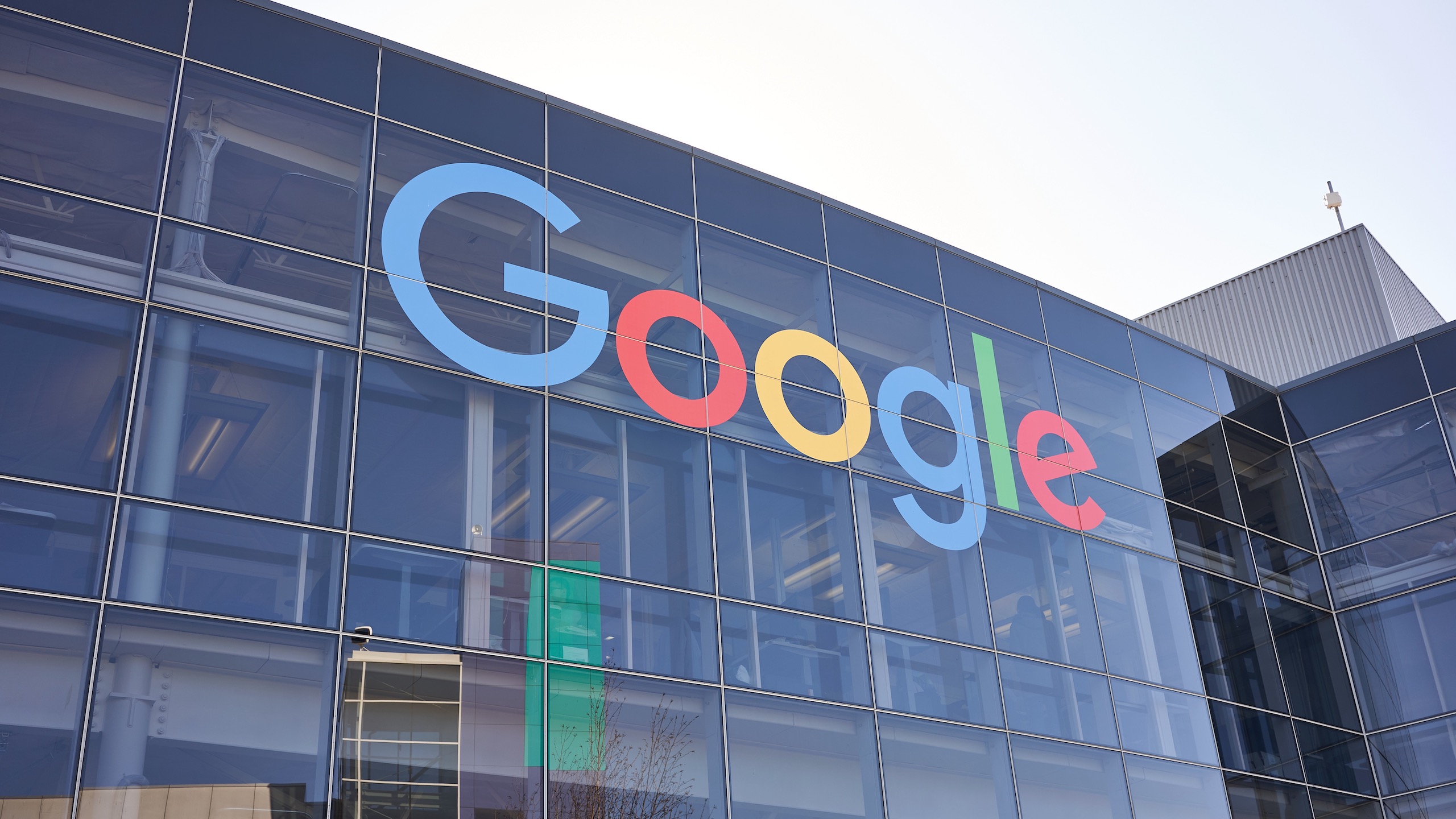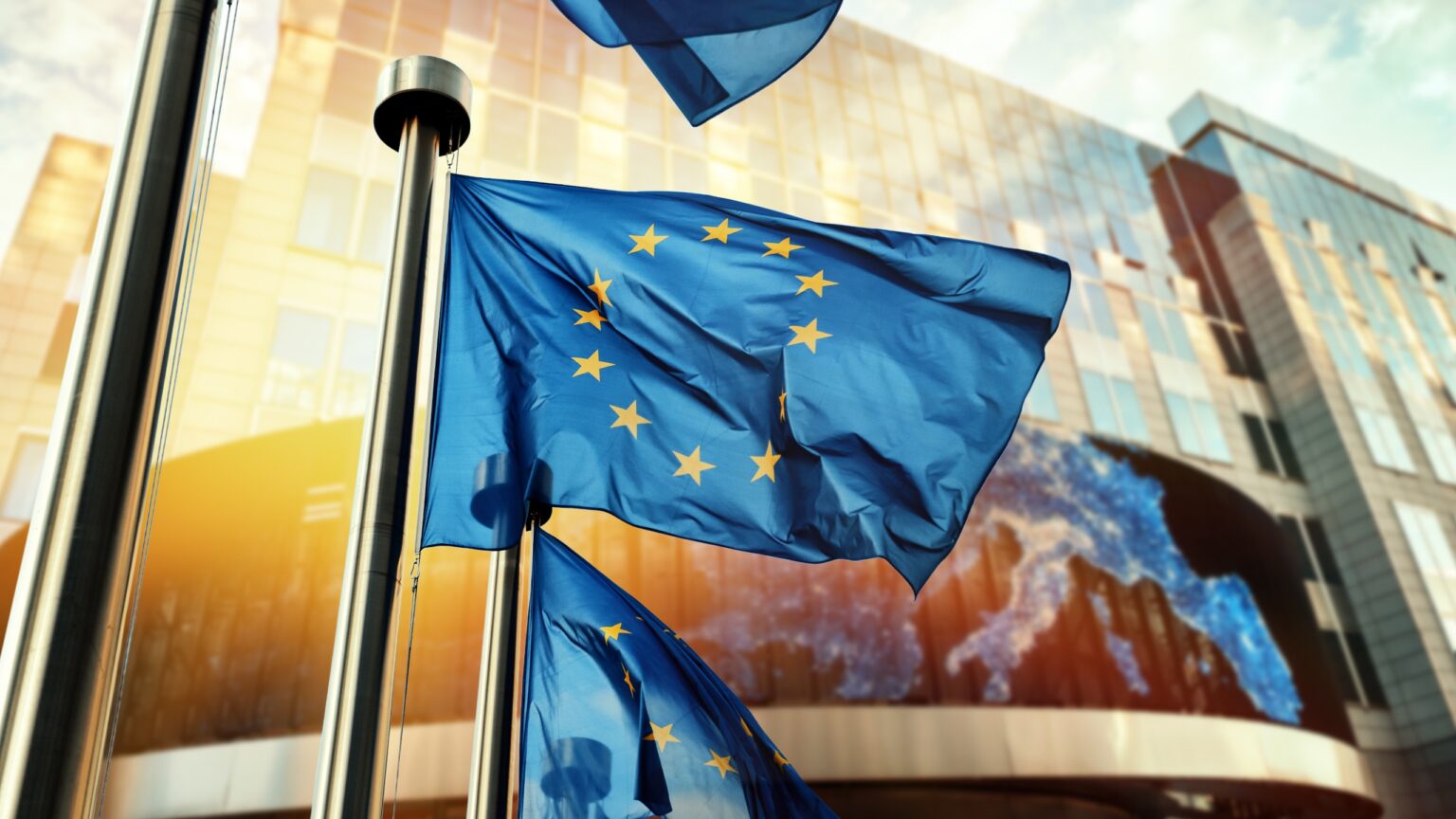With the European Union’s comprehensive Digital Services Act (DSA) coming into effect on Friday, August 25, more than a dozen tech titans, including Meta, Apple, and Google, are facing intense legal scrutiny in Europe. The EU’s new DSA carries new rules on content moderation, user privacy and transparency within it.
These rules encompass tasks like curbing the dissemination of harmful content, restricting specific user-targeting techniques, and disclosing certain internal data to regulators and affiliated researchers.
Also read: WikiLeaks Founder Julian Assange to Address Political Rally in Metaverse
The Digital Markets Act and the AI Act are also on the way, which means the EU has emerged as the global leader in terms of tech regulation.
Immediate impact on tech giants and future expansion
The new legislation will only be applied to 19 of the largest platforms, those with more than 45 million users in the EU for now. However, from mid-February, they will apply to a variety of online platforms, regardless of their size.
“For online platforms, they must publish their number of active users by 17 February 2023. If the platform or a search engine has more than 45 million users (10% of the population in Europe), the Commission will designate the service as a very large online platform or a very large online search engine,” reads the DSA package.
This marks a significant step in the regulation of major online platforms, aimed at ensuring user safety and preventing the dissemination of unlawful or terms-of-service-violating content. Additionally, it strives to safeguard the essential rights of European citizens, including privacy and freedom of expression.
Today, the Digital Services Act — #DSA — becomes legally enforceable for Very Large Online Platforms & Search Engines.
These systemic platforms play a very important role in our daily lives — so it was time for the EU to set our own rules.
A safer Internet for everyone 🇪🇺 pic.twitter.com/fGPCERx5mW
— Thierry Breton (@ThierryBreton) August 25, 2023
The mentioned services will be granted 4 months to fulfill the requirements outlined in the DSA. This involves conducting an initial yearly risk evaluation and furnishing the Commission with the results.
By February 17, 2024, EU Member States will need to designate Digital Services Coordinators. This deadline coincides with the requirement for platforms with fewer than 45 million active users to conform to all regulations specified in the DSA package.

Google complying with DSA
Alphabet’s Google is complying with the DSA, which was “designed to harmonise content regulations across the EU and create specific processes for online content moderation.”
The scope of the DSA covers a wide range of online services, spanning from marketplaces and app stores to platforms for sharing online videos and search engines.
“As a result, we have adapted many of our long-standing trust and safety processes and changed the operation of some of our services to comply with the DSA’s specific requirements,” stated Google.
The company is looking forward to continued engagement with the European Commission and other stakeholders, including technical and policy experts, as they “progress this important work.”
“First and foremost, safety is good for users and good for our business,” says Google, stressing their promise to user well-being and transparency. The company said it has invested extensively in “people, processes, policies, and technologies” that resonate with the DSA’s objectives.
Hefty fines up to 6% of global turnover
Companies that violate the DSA regulations could be subjected to fines of up to 6% of their global turnover, and persistent offenders might even face complete prohibition from conducting operations within Europe.
“We can expect that platforms will fight tooth and nail to defend their practices, especially when new compliance rules encroach on their core business models,” said Kingsley Hayes, head of data and privacy litigation at law firm Keller Postman.









 and then
and then